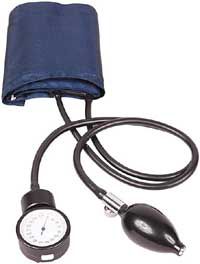Delivering health care in an institutionalized setting such as a nursing home or assisted living facility is very different than caring for clients in their homes. While nurses, aides and physicians have more control over a client’s day-to-day care in a healthcare facility, clients at home are in their domain and have greater autonomy—they can refuse care, and they have more power over decisions about how and whether certain interventions will be carried out.
Informal caregivers, such as family members and friends, may also provide assistance to family members at home, and home care aides have little or no authority over these individuals. An informal caregiver may choose not to administer a medication, for example, which a home care aide may not learn about until an adverse event has occurred. Additionally, every client’s home is unique, creating a greater number of variables than exist in a more institutionalized setting.
For these reasons, client safety is especially important in a home care setting. Below are some of the most important considerations.
Fall prevention — Thirty percent of people age 65 and older fall each year. Many of these falls require medical attention, making fall prevention a priority for home care aides. Having a fall-prevention program in place is important, as well as taking steps to minimize hazards at home like loose carpeting, slippery flooring, clutter and other hazards. Home care aides can help in this area by working with clients and their family caretakers to reduce these hazards.
Medication management – Seniors may take medications on their own or with the help of informal caretakers, increasing the probability of missed medications or dangerous combinations. Home care professionals should do everything possible to minimize these risks while on duty and help ensure that clients and family caretakers understand their loved one’s medication regimen as thoroughly as possible.
By implementing these and other safety measures, clients can maintain independence and autonomy significantly longer in the comfort of their own homes.
To learn more about the senior care franchising industry by downloading our FREE eBook.
Please refer to our most recent Franchise Disclosure Document for important details.























